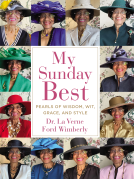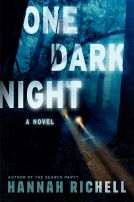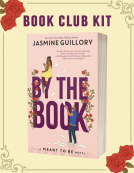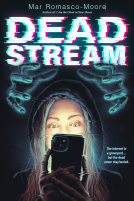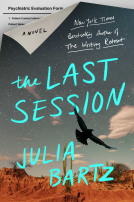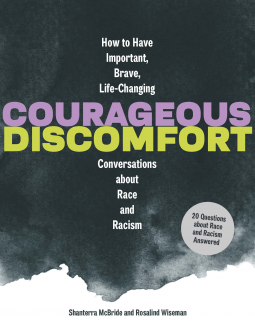
Courageous Discomfort
How to Have Important, Brave, Life-Changing Conversations about Race and Racism
by Rosalind Wiseman; Shanterra McBride
This title was previously available on NetGalley and is now archived.
Send NetGalley books directly to your Kindle or Kindle app
1
To read on a Kindle or Kindle app, please add kindle@netgalley.com as an approved email address to receive files in your Amazon account. Click here for step-by-step instructions.
2
Also find your Kindle email address within your Amazon account, and enter it here.
Pub Date Sep 27 2022 | Archive Date Sep 26 2022
Talking about this book? Use #CourageousDiscomfort #NetGalley. More hashtag tips!
Description
An empowering handbook on how to have candid conversations around race and become a better advocate, written by a Black woman and a white woman who ask and answer 20 common, uncomfortable-but-critical questions about racism.
Many people struggle to have honest conversations about race, even those who consider themselves allies or identify as anti-racist. For anyone who wants to have better, more productive discussions, COURAGEOUS DISCOMFORT is an empowering handbook that teaches you how to do just that.
In these pages, authors (and best friends), Shanterra McBride, who is Black, and Rosalind Wiseman, who is white, discuss their own friendship and tap into their decades of anti-racism work to answer the 20 uncomfortable-but-critical questions about race they get asked most often, including:
• Should I see color?
• I'm a good person—how can I be racist?
• What if I say something wrong?
• What kind of apology makes a difference?
These 20 questions-as-chapters invite you into the conversation without judgment and inspire thoughtful reflection and discussion. There will be moments when you will laugh or cringe at the ridiculous or awkward things you read. But the truth is, there is no perfect solution or script for every maybe-racist, sort-of-racist, or blatantly racist situation. And that's OK: making mistakes is just an opportunity to do better next time. But doing this work will empower us to have the relationships we really want to have, including the relationship we want to have with ourselves.
Marketing Plan
- Book Club Campaign (Netgalley, Book Riot, Library Stuff, Literati, Goodreads)
- School and Library Advertising Campaign
- Preorder campaign to drive sales to Black-owned indie bookstores
- Authors are life-long friends. Shanterra McBride is based in DeSoto, TX and Rosalind Wiseman is based in Boulder, CO
Available Editions
| EDITION | Other Format |
| ISBN | 9781797215266 |
| PRICE | $24.95 (USD) |
Featured Reviews
Thank you to NetGalley and the publisher for the ARC! This book provides a framework for navigating conversations about race. A great read for people learning to become a better advocate for POC. It was divided into 20 common questions/situations and how to deal with them in a productive way. A lot of it was pretty basic stuff but could definitely be a great resource, especially for those just starting their journey. For those that are already actively having these conversations it is a good reminder of the importance of action vs. complacence. I enjoyed that it had multiple POV’s and stories to further illustrate to readers the larger effects of what some may think of as “harmless” questions.
 Sarah M, Book Trade Professional
Sarah M, Book Trade Professional
I don’t recall any other book I’ve read on racism so thoroughly tackling the issue of how to have conversations about race that people will actually LISTEN to. Or how to have these same conversations without damaging relationships. The thought of allowing a racist to feel heard in a conversation sure can be distasteful, but I think the authors are correct in their belief that it’s a necessary component of true communication. Also, I appreciated their guidance on how to take correction with grace.
Readers who liked this book also liked:
Nigel Henbest; Simon Brew; Sarah Tomley; Ken Okona-Mensah; Tom Parfitt; Trevor Davies; Chas Newkey-Burden
Entertainment & Pop Culture, Humor & Satire, Nonfiction (Adult)

